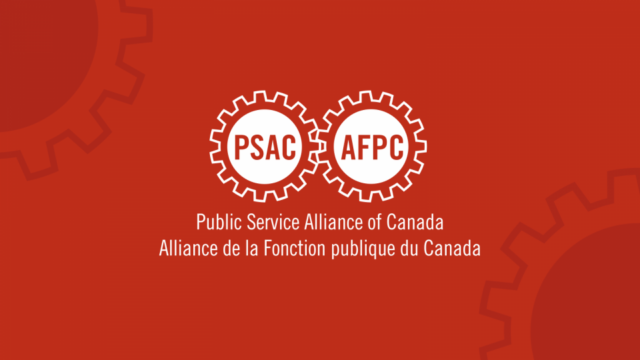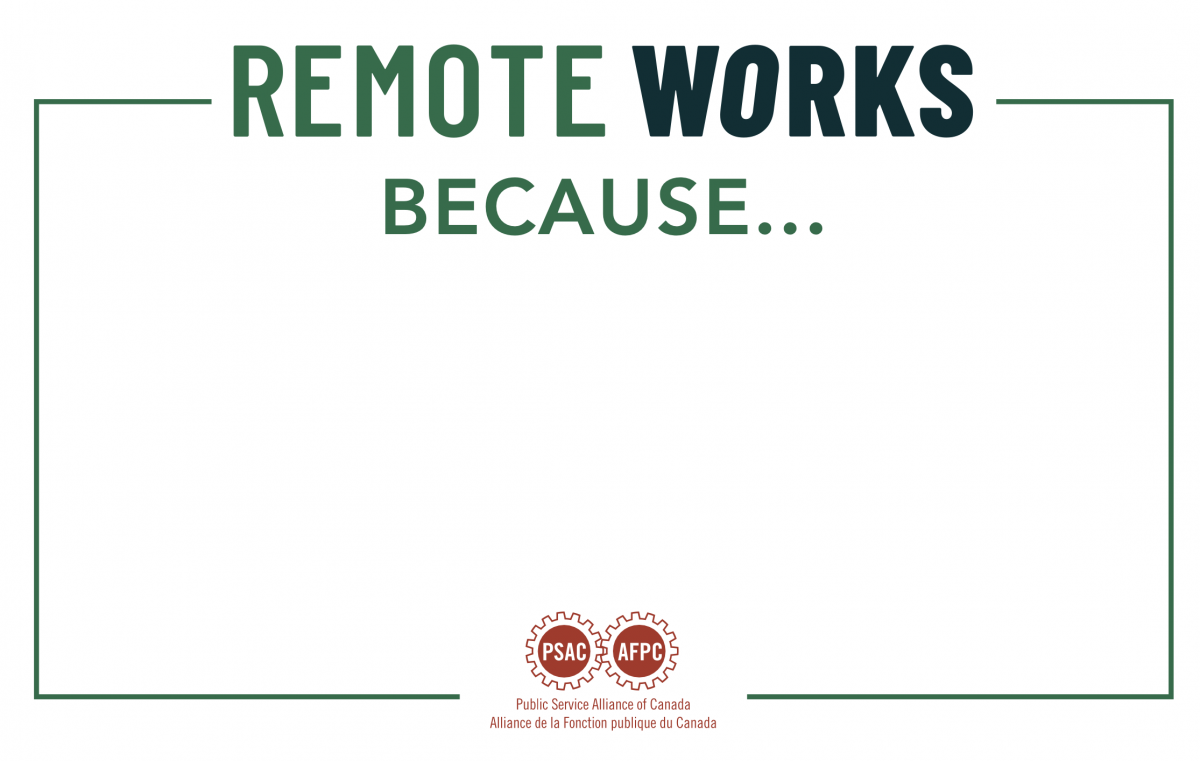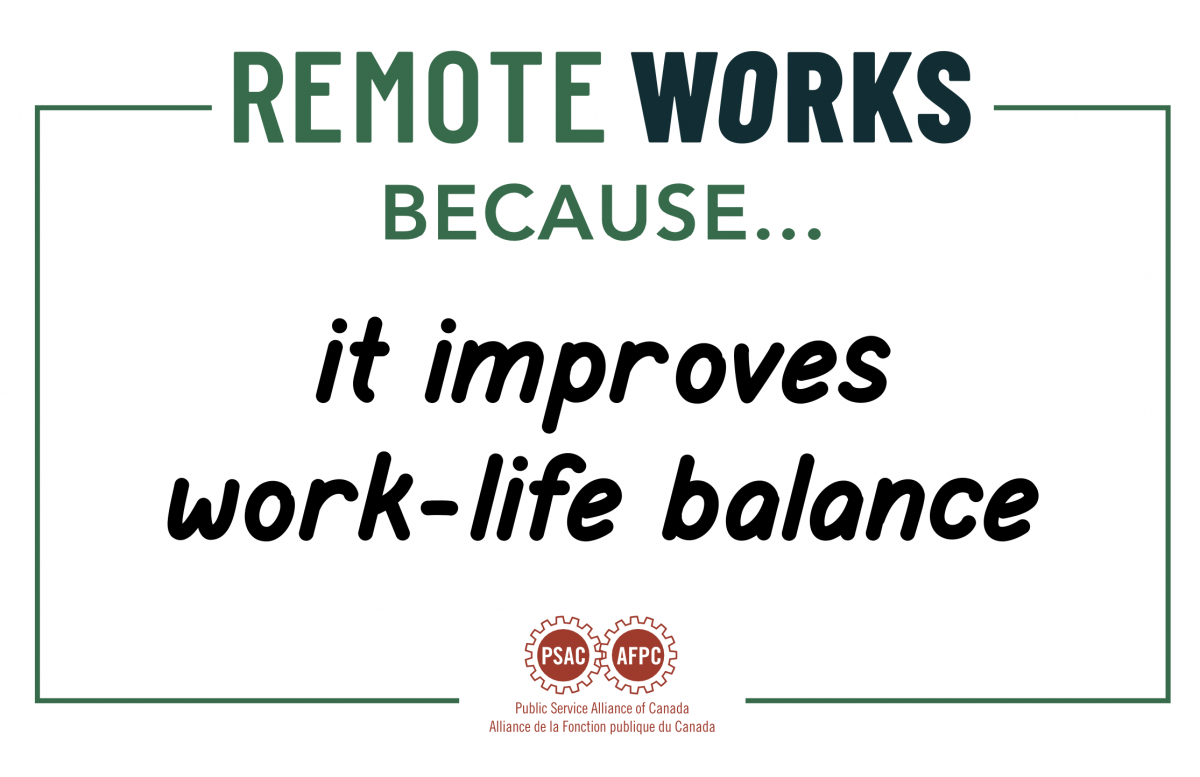PSAC honours National Day for Truth and Reconciliation by raising the Survivors’ Flag
On September 24, PSAC leaders, members, and staff—guided by Tina Vincent, Knowledge Keeper from Kitigan Zibi—gathered to raise the Survivors’ Flag, acknowledging and honoring residential school survivors and all the lives and communities impacted by the residential and day school systems in Canada. The flag, representing Indigenous resilience and strength, serves as a powerful symbol of remembrance and advocacy.
“This flag will remain flown at our national headquarters as a symbol of PSAC’s continuous commitment to Indigenous communities and in solidarity with their fight for self-autonomy, reconciliation and justice.” said Sharon DeSousa, PSAC national president. “I want to thank PSAC’s National Indigenous People’s circle, and our First Nation, Métis and Inuit activists who have encouraged PSAC to take these important steps towards achieving truth and reconciliation as a union.”
Residential schools were government-sanctioned institutions that forcibly removed Indigenous children from their families, aiming to strip them of their language, culture, and identity. This led to generations of profound trauma that continues to impact Indigenous communities today. The act of raising the Survivors’ Flag is an acknowledgment of this painful history and a symbolic commitment to solidarity with survivors and their families.
By raising the Survivors’ Flag, we not only remind ourselves of the injustices of the past, but also commit to ensuring these injustices are not forgotten. Public awareness and education are key components in addressing the intergenerational trauma caused by residential schools. Our union honors the strength of survivors and reinforces the ongoing need for accountability, justice, and a genuine commitment to repairing relationships with Indigenous communities.
Recognizing the deep-rooted trauma and systemic violence that Indigenous communities have faced for generations is a crucial step toward Reconciliation. True Reconciliation requires more than recognizing the past; it involves actively working to heal the ongoing harm caused by colonialism, racism, and the marginalization of Indigenous peoples.
Together, we must take concrete steps toward reconciliation by acknowledging both historical and ongoing injustices and committing to actions that support healing, justice, and the restoration of Indigenous rights and cultures.
Learn more
- Find out more about the flag’s imagery and creation and read about the significance of the flag.
- Check-out these additional resources to use on the National Day for Truth and Reconciliation and after to learn, reflect, and consider how you can take meaningful action towards Reconciliation.
This article was first posted on the PSAC website.















